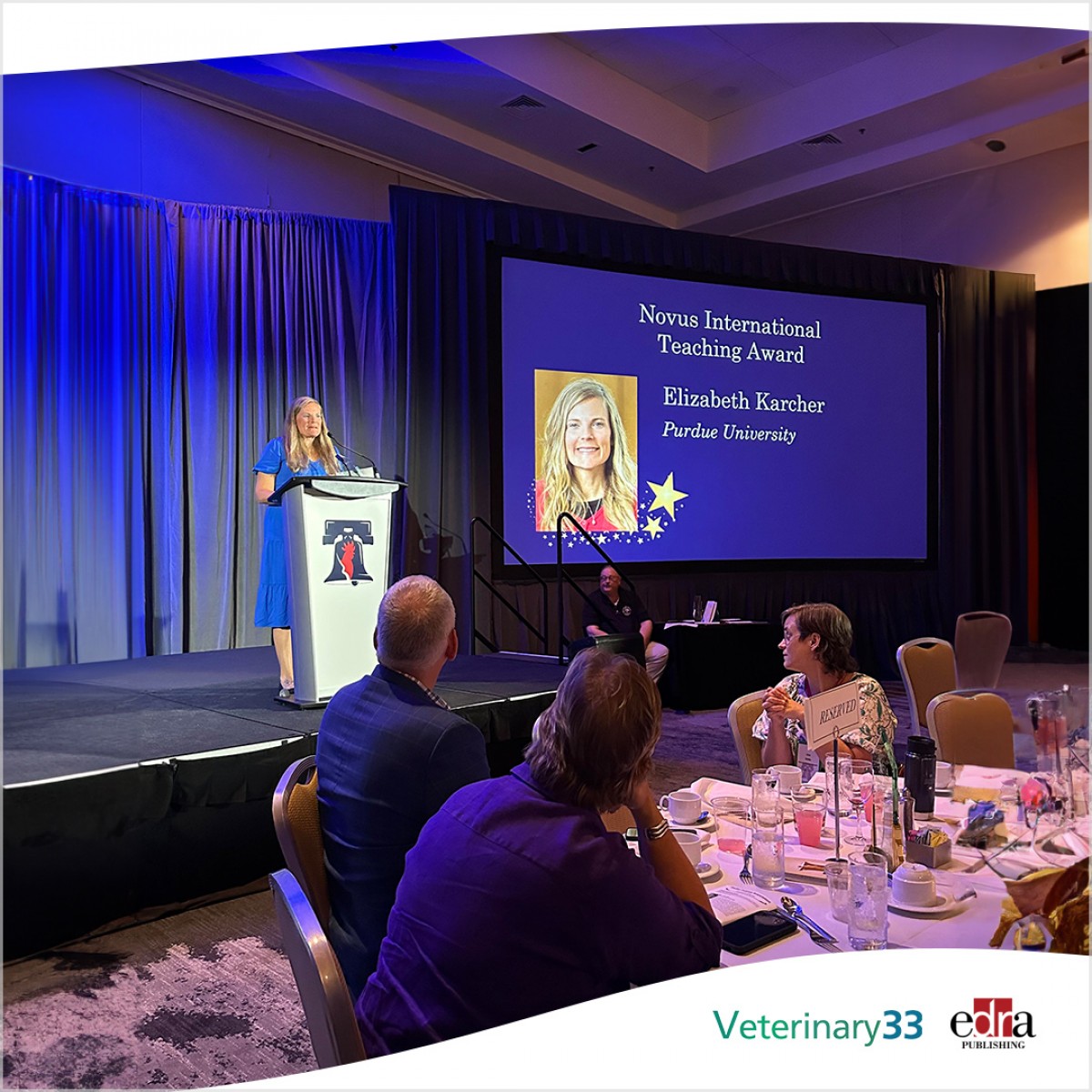CSU: Novel canine exoskeleton holds promise for dogs with mobility issues
By Andrea Leland, Colorado State University
A group of canine-loving engineering students at Colorado State University are one step closer to helping dogs walk again – and live fuller lives.
Led by the Department of Electrical and Computer Engineering, the multidisciplinary design team is collaborating with CSU’s James L. Voss Veterinary Teaching Hospital and OrthoPets to develop a robotic exoskeleton. The assistive device will serve as a therapy tool and walking aid for dogs with weak or non-functioning hind legs, according to a university news story.
For canines struggling to walk, rehabilitation options are limited. CSU’s first-of-its-kind design could be a game changer for dogs with spinal issues or progressive diseases such as degenerative myelopathy. With nothing like it currently on the market for pets, the exoskeleton could also represent a breakthrough in rehabilitation devices in the veterinary medicine space.
“This project is really unique to CSU,” said Elizabeth Stienike, who graduated in May with a dual bachelor’s degree in mechanical engineering and biomedical engineering. She joined the project as a first-year student and served as the team’s leader for multiple years.
“I can’t tell you the number of times I’ve been told, ‘I wish this could have been an option for my dog,’” said Stienike.
Years in the making
Professor Anura Jayasumana in electrical and computer engineering is the team’s advisor and brains behind the project. He conceived the idea many years ago when he first witnessed a wearable exoskeleton designed for humans in military situations.
“My initial thought was, we should develop an exoskeleton for horses,” said Jayasumana. But, after talking with his colleagues in the veterinary teaching hospital, he turned his focus to dogs, launching the project in 2015.
The exoskeleton has been through a few iterations, with eight different senior design teams contributing to its development so far. Jayasumana said they’ve made huge strides since their initial proof of concept.
“The new design is now more compact, adaptable, and practical,” he said.
Accommodating a wide range of breeds and sizes, the lightweight, motorized cart straddles a canine’s body to provide support and guide movement. It features nimble, programmable braces that attach to the dog’s hind legs to facilitate walking up to three miles per hour. The exoskeleton system is controlled remotely with a rechargeable battery and series of motors, electrical components, and sensors that adapt to each individual dog.
The exoskeleton was created using movement data collected from patients at OrthoPets, along with guidance from colleagues like Lisa Bartner, assistant professor of neurology for CSU’s College of Veterinary Medicine and Biomedical Sciences. To meet the requirements for clinical use, the team purchased state-of-the art components thanks to the support of a generous benefactor.
As part of their outreach efforts, this year’s senior design team shared the exoskeleton project at the opening of the Hydro building at the CSU Spur campus on January 6.
Future steps
As a dog lover himself, Jayasumana is pleased to build on the momentum to take the project to the next level. In the year ahead, the team will be fine-tuning the exoskeleton system and expanding patient testing.
“We are in a good spot, and I think we’re poised to make a lot of progress,” said Jayasumana, whose long-term goal is to extend the innovative exoskeleton to other small and large animals.
Read the original story on CSU's SOURCE news site.














List
Add
Please enter a comment